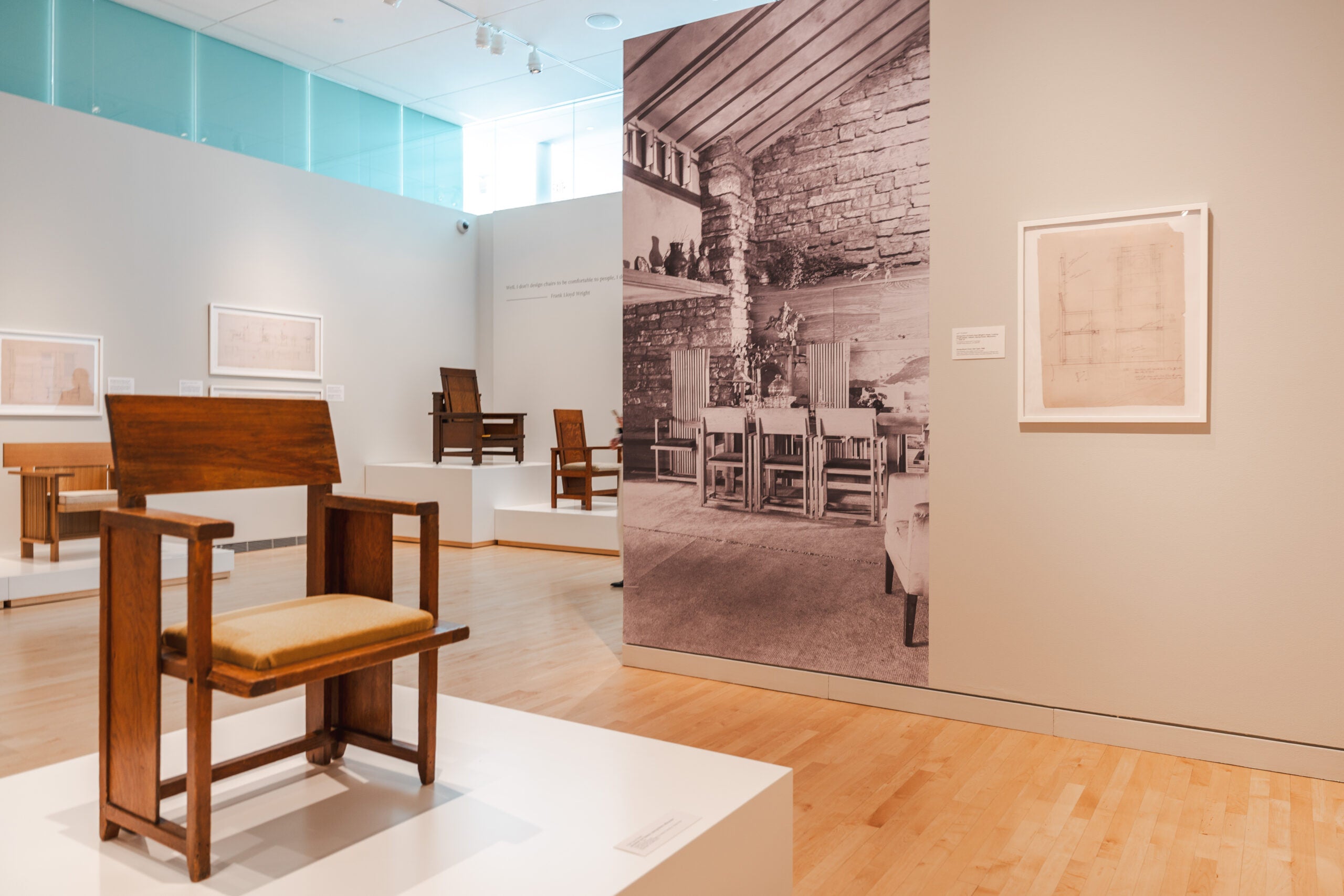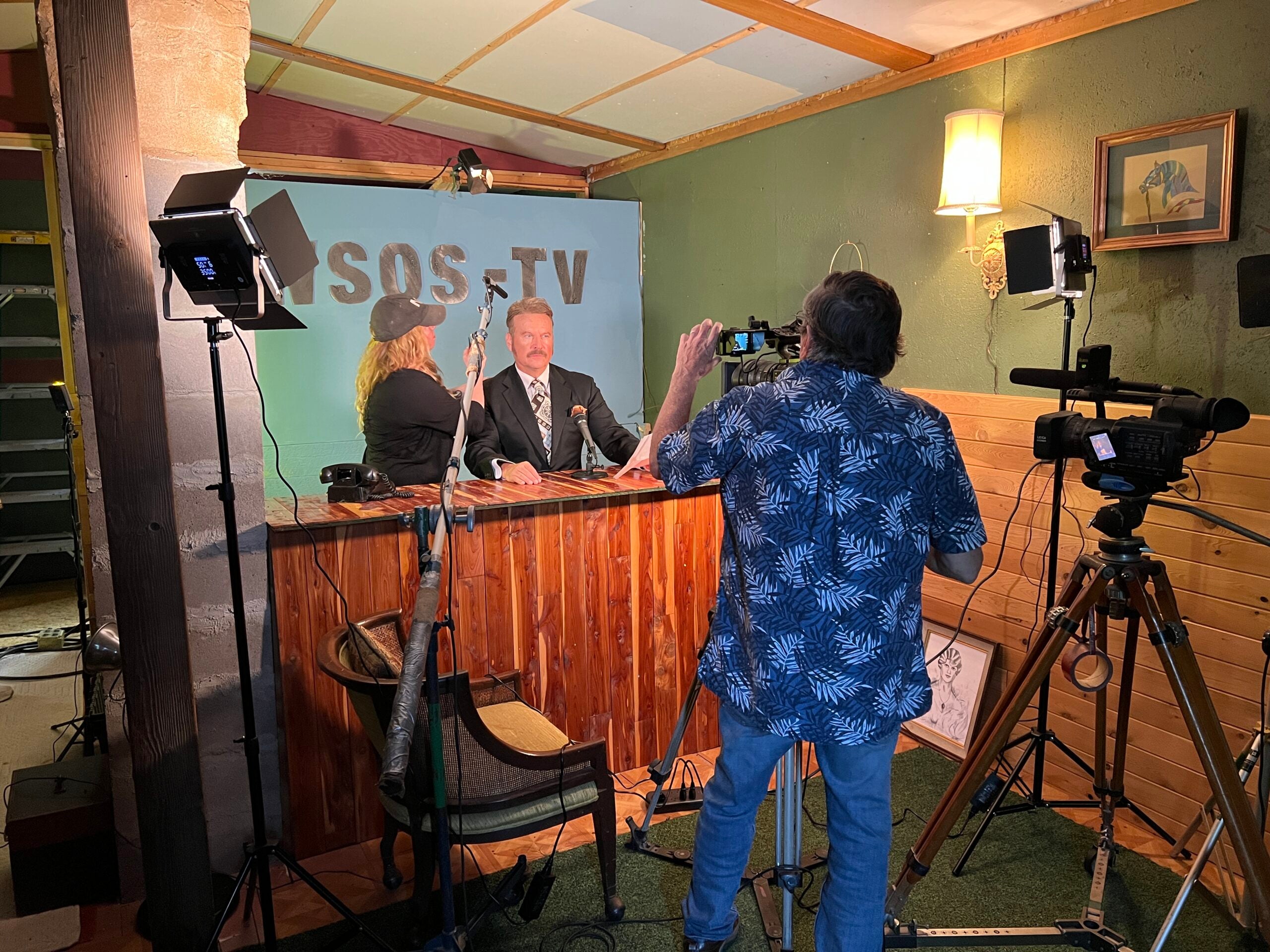The innovative stand-up comedian Steven Wright talks about his debut novel, ‘Harold.’ And screenwriter/actor Guinevere Turner revisits her childhood as a member of the Lyman Family cult. Also, novelist Jonathan Carroll on his latest novel, ‘Mr. Breakfast.’
Featured in this Show
-
Steven Wright finds a new outlet for his creative stream of consciousness in 'Harold'
When comedian Steven Wright spoke with Wisconsin Public Radio’s “BETA” in March of 2020 ahead of his tour stop in Madison (eventually canceled because of the pandemic), he joked that even though he was only a Tony award away from an EGOT, the two-time Grammy nominee and Oscar and Emmy-winner was content to keep writing jokes.
“I’m glad there’s an audience that still likes it. Because if there wasn’t, I don’t have a different way of doing it,” he said at the time.
It turns out that he does have a new outlet for his creative mind, and it doesn’t involve a Broadway stage. Instead, it’s through fiction writing.
Wright has released a novel, “Harold,” about a third-grader whose epic daydreams during a day of class reflect the style of stream-of-consciousness style of humor Wright has embodied as a stand-up for over four decades.
“That was a whole other way of creating for me,” Wright said. “And there were things came out of my mind that I never knew was in there.”
Wright’s approach to novel writing was to sit down daily for hours at a time and subsist on coffee while he put himself in Harold’s mind, wondering what this kid would be doing or what could happen to him. It sounds like a more focused version of his stand-up writing.
“It was different, but it wasn’t strange,” Wright said. “When you think about it, it’s writing. It’s just thinking. I mean, I’ve been writing for 40 years, but for stand-up.”
“I got to write things that weren’t funny, like describing the room, describing people. That was a lot of fun for me because everything, of course, is not a joke in there,” he said.
Harold’s brain seems to never stop pondering all the intricacies of 7-year-old interests like the etymology and sounds of interesting words like stencil, or the invention of color.
“As I was writing it, things would come into my mind that I thought of years ago, that had nothing to do with ‘Harold.’ They weren’t stand-up thoughts,” Wright said. “I used to think color should have come first if you put aside the technical aspects of it, because color is really how everything looks. So black and white is an abstraction. And you would think that that came second. Like, Salvador Dalí could paint very realistically. And then he went into surrealism.”
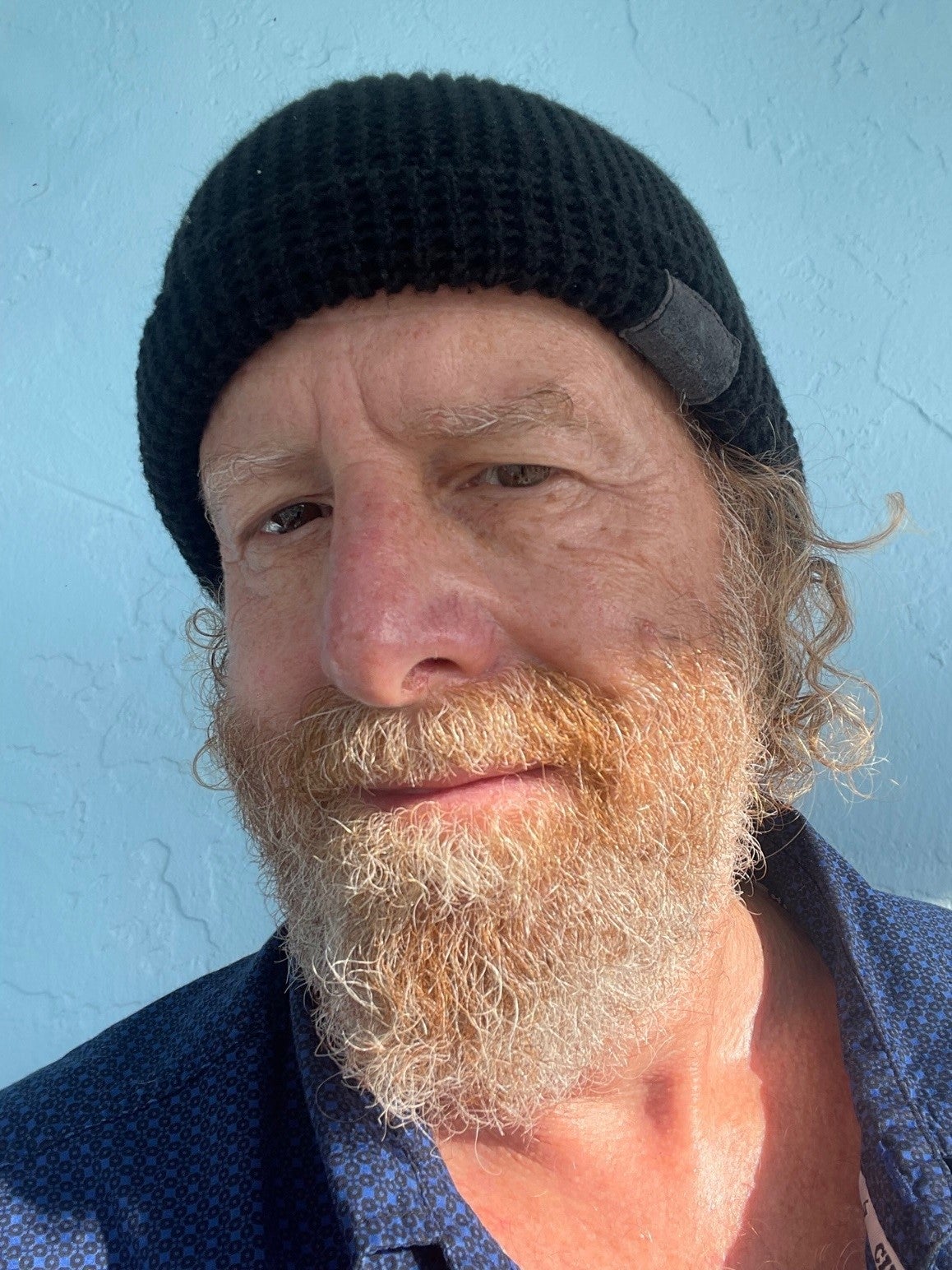
Photo courtesy Steven Wright Harold’s thoughts often drift to images and stories of the Oglala Lakota Nation, as well. This delves from an unexpected turn in Wright’s past.
About seven years ago, while waiting for a plane at Logan airport in his native New England, Steven stumbled up on the book, “The Heart of Everything That Is” by Bob Drury and Tom Clavin. It’s the story of Lakota Chief Red Cloud and his efforts to organize a unified front against European settlers.
“I’ve been fascinated by what was here before the white man came,” he says. “I love the book. I just love the idea of what was happening before all this madness.”
Wright admits he didn’t set out to consciously put the Lakota perspective in his book, but those thoughts leaked into his mind while he was writing “Harold” and he liked that they were there and that they kept recurring.
“I get to have the perspective of them in there, like when he meets his grandfather in Rapid City, and he meets some Lakota because they’re building an airport after Pearl Harbor,” Wright said. “And so, his grandfather knows some Lakota and he says, ‘The Lakota thought that a planetarium was insane. That only the white man would build an indoor sky and then charge money to look at it.’”
Harold’s relationship with his grandfather wasn’t based on any real-life relationships he had, but on the premise that even a 7- and 70-year-old share similar perspectives from different starting points.
“The old guy sees the world so simply because he went through it all, thinking about figuring everything out. And then he realizes it’s all just so really simple, and the kid sees it’s simple, too. And I just thought that they had a connection,” he says.
Moving forward, Wright isn’t fully decided on what he wants to do next. One thing is for sure: It’ll be creative, and hilarious.
“I am not even trying to think what I’m gonna do,” Wright says. “I just know that the creative side of me wants to do something else. I don’t know what it is yet though. Maybe it’ll be a film thing, I don’t know. It’s exciting. Creating is thinking. It’s like playing to me. Like a child, doing fingerprints. It’s very playful. I don’t put a lot of pressure on it.”
-
The end of the world as Guinevere Turner thought she knew it
Editor’s note: This story contains language and videos that may not be appropriate for some audiences.
Imagine that you were a 6-year-old and you were told the world was going to end. Your community taught you to believe this terrifying idea. But they also taught you that you would be saved. A spaceship would come and take you and your family members to outer space to live on Earth’s nearest neighbor, the planet Venus.
These are the ideas that Guinevere Turner was taught to believe as a member of the Lyman Family. Since Turner was only 6 at the time, she didn’t realize her family was actually a cult.
Turner writes beautifully and bravely about her experience growing up as a member of the Lyman Family in her memoir, “When the World Didn’t End: A Memoir.” She also explains how she managed to leave the cult, attend Sarah Lawrence College and go on to establish a successful career as a screenwriter.
When no spaceship came on Jan. 5, 1974
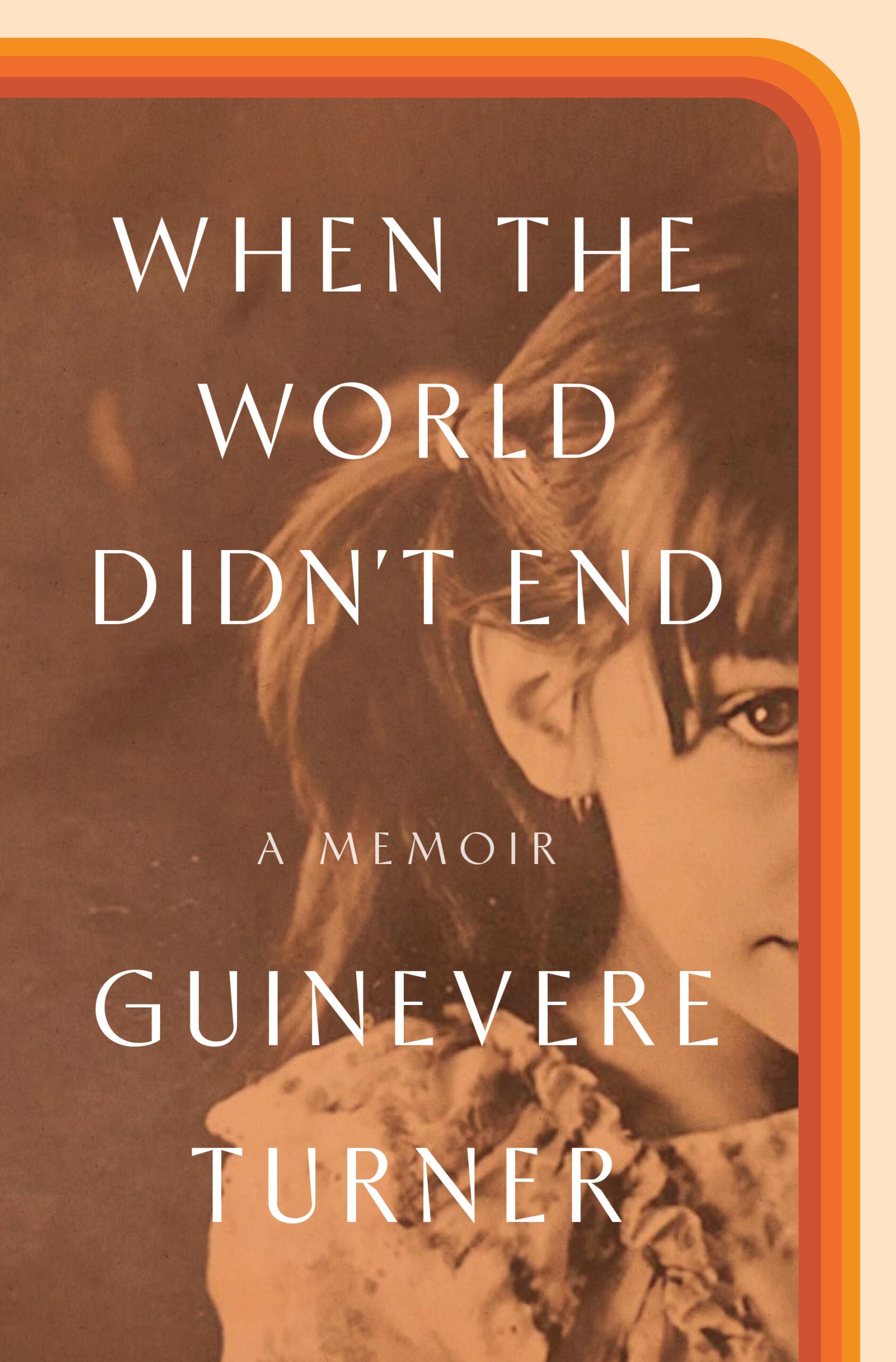
CREDIT: PENGUIN RANDOM HOUSE Turner told Wisconsin Public Radio’s “BETA” about what it was like on Jan. 5, 1974, when the cult her family was a part of expected the world to end.
“The adults were very somber, glum,” Turner said. “There were some tears. There was anxiety in the air. The leader of the family I grew up in, he never came out and really spoke to everyone as a group. But he said that it was because our souls weren’t ready and that we had kind of ruined it for him.”
“He was ready and he hadn’t realized that we weren’t,” Turner continued. “And so there was a somber period of everybody feeling guilty about not being Venus-ready and about working on our souls more. And they started the year at zero. So that was the year zero one.”
A ‘normal’ childhood
Turner said that the first 11 years of her life were “like the first 11 years of anyone’s life.”
Lyman Family children were homeschooled and they worked hard — tending to crops, taking care of animals and doing a lot of food preparation and laundry.
During the evenings, there was a lot of music because all the members of the community played instruments. They also sang a lot and listened to the tapes that Mel Lyman — the cult leader — made for them.
Turner said the mixtapes were “curated for a particular reason or of a particular era.”
“When he first released them, they would come with liner notes and we would listen to them and read the liner notes, and then we would write him a letter about what we thought about it,” she said.
Turner also told “BETA” about her perspective on the cult’s leader Mel Lyman.
“Because I left when I was 11, I didn’t have, and I still don’t have, an adult sense of really what he was after or what he wanted or even what his doctrine was,” she said. “We were raised with this kind of idea that you need to be present and you need to be full of love and you need to think not only in terms of yourself — don’t be selfish, work hard and raise your consciousness, evolve into someone who is not just a grunt of a human.”
“I was told that I’d been on the Earth too many times because I hadn’t learned my lesson. I was this old soul that kept messing up like Matthew McConaughey in ‘Dazed and Confused‘ like the grown-up who’s hanging out with high school kids. And when we didn’t go to Venus, I thought it might be my fault because I’m the one who didn’t learn a lesson,” Turner continued.
Turner eventually left the Lyman Family and reunited with her mother and her younger sister, Annalee. But her mother’s boyfriend was abusive and violent. She escaped that turmoil when her boyfriend’s father Lloyd Spears agreed to adopt her and allowed her to live with them until she finished high school.
“That was an incredible moment in my life. I’m forever grateful,” Turner said.
A career in film
Turner has gone on to establish a successful career as a screenwriter and actor. She co-wrote the screenplay for the 2000 film, “American Psycho.” She played the part of Elizabeth in the film.
“I don’t like scary movies. I wonder how long it would have taken me to watch the film if I hadn’t been a part of making it,” she said.
Turner also wrote the screenplay for the 2018 film, “Charlie Says.” It’s about the women who killed for Charles Manson, focusing on the time they spent in prison.
“The producers of that film approached me because they were fans of ‘American Psycho’ and I had a very satisfying moment in the meeting of saying, ‘Yeah, I did write ‘American Psycho,’ but also I grew up in a cult.‘”
Turner is currently working on adapting her memoir into a film.
-
What would it be like to live a different life? Jonathan Carroll explores the question in 'Mr. Breakfast'
Chances are that you might not have heard of Jonathan Carroll. If that’s the case, then today is your lucky day.
Neil Gaiman describes Carroll’s latest novel, “Mr. Breakfast,” as “a beautiful, brilliant, meditation on art, love, inspiration and what makes life worthwhile.”
The book is about a failing comedian named Graham Patterson. On a cross-country drive, he decides to get a tattoo. The tattoo artist not only gives Graham a one-of-a-kind tattoo, she also gives him a once-in-a-lifetime opportunity.
The tattoo artist tells Graham that his lost soul can jump between three different universes. Through these experiences, he will find some combination of love, fame and fatherhood. Jonathan gives us insight into what it would be like to live a different life.
“I have always been fascinated with the life not lived, whether in real life, or in literature,” Carroll told Wisconsin Public Radio‘s “BETA.”
“There are so many wonderful versions of it, from Borges to the film ‘Sliding Doors.’ And I think it’s one of the universal questions that we ask, along the lines of why am I here? Or is there a god? The question is, what would my life be like if I had gone left instead of right? Or I’d taken that job or hadn’t taken that job? Those possibilities that you had in life that you chose to go in one direction rather than the other,” he continued.
Graham ends up at the tattoo parlor because his car breaks down. He walks past the shop and becomes fascinated with the artwork in the window.
“And he has the tattoo artist show him a book of her tattoos and he chooses one, and it turns out that it’s very magical,” Carroll said. “It allows him to see the three lives that he could live at this moment — the one that he’s living, the one where his dream comes true. And the third one is a kind of domestic life with family and children.”
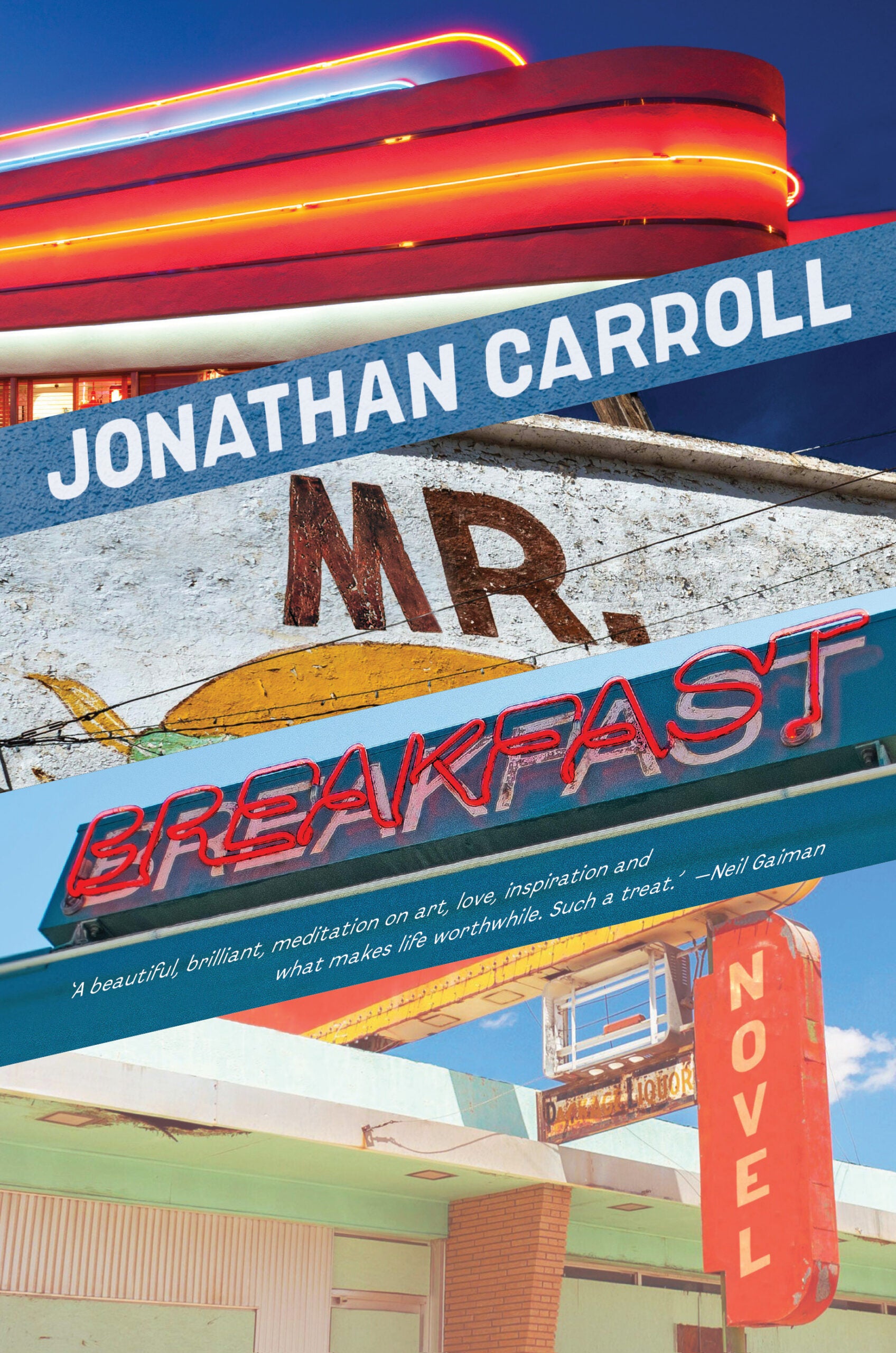
“And the tattoo artist, the bringer of the magic, says: ‘You can watch this, but you can’t participate in it.’ So basically, he can observe these three lives and then he has three chances to go back to each of them,” Carroll explained. “And then at the end of those three chances, or even earlier, he has to choose. And then after he chooses it, his memory will be wiped of this experience, and he’ll just be Graham Patterson living in a normal life.”
In Carroll’s case, he’s not completely sure what he’d do if he was offered the same deal in “Mr. Breakfast.”
“My wife asked me the other day, ‘If you couldn’t be a writer, what would you be?’ And I said, ‘I’m a musician,’” he said. “I’ve been married 50 years. And she looked at me like she’d never seen this guy before. She said, ‘A musician’?’ And I said, ‘Yeah, I’d like to be one of those guys who’s a piano bar player.’”
One of the most profound passages in “Mr. Breakfast” is: “We all live in our past sometimes. Our memories become our present. Any life is a past, present, and future, not just a series of right nows.”
This theme is crucial to what makes the novel such a beautiful and thoughtful book. Carroll said we spend too much time living in the past and worrying about the future, forgetting the present.
“I think that too often we live in our past or in our future and forget they ain’t happening, but your now is,” he said.
“And I think that it causes a lot of problems and a lot of heartache, because if you live in your future right now, it’s unimportant — because tomorrow, the good stuff happens. If you live in your past, the bad stuff kind of carries you like a dark cloud over you into the present. So if you’re still hating that lover from 20 years ago, that has an effect on right now — and a big effect. It means that you’re kind of preoccupied with something. You can do nothing to fix it. It’s fixed. There it is. That happened. And whereas the future is an abstract. Why play with something that’s abstract when there’s the concrete right now?”
Episode Credits
- Doug Gordon Host
- Adam Friedrich Producer
- Steve Gotcher Producer
- Steve Gotcher Technical Director
- Steve Gotcher Interviewer
- Steven Wright Guest
- Guinevere Turner Guest
- Jonathan Carroll Guest
Wisconsin Public Radio, © Copyright 2026, Board of Regents of the University of Wisconsin System and Wisconsin Educational Communications Board.

